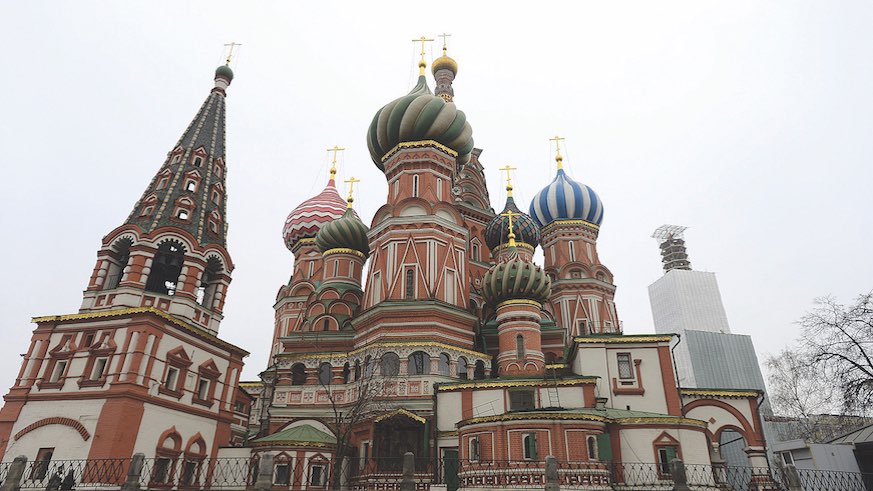A long-secret how-to manual for Russian spies reveals that many Cold War-era tactics used by the KGB look very similar to Russia’s online meddling in the 2016 election.
The Daily Beast obtained the First Chief Directorate manual, dated 1989, from a European security service and is unpacking its contents in a series on the site. The contents were never declassified in Russia, reports Michael Weiss, because it’s still used as a teaching tool for Putin’s modern spy force.
The manual covers the borscht-to-nuts of international espionage, from planting spies in other countries to approaching and converting targets. It suggests that KGB agents disguise themselves as members of diplomatic agencies, such as “The Foreign Ministry, the Ministry for Foreign Economic Ties, the State Education Committee, the Ministry of Culture, the Peace Committee, the Academy of Science, etc. can be used as well as theatre, art shows, cinema, tourism.” The guide advises on how to make an approach: “Opportunities for contact with foreigners come when they have to solve problems and resolve a conflict situation, for example, violation of customs rules, road accidents, or violation of other Soviet laws. Agents can be placed in trains, planes and hotels to make these approaches.”
Although “fake news” wasn’t a meme until late 2016, the concept was part of the Russian playbook thirty years earlier, which the spy manual discusses in its definition of disinformation: “The conspiratorial promotion to the enemy of fabricated news, especially prepared materials and documents, so as to lead him into confusion and motivate him to decisions and actions that meet the interests of the Soviet state.”
The section describing when it’s used looks somewhat familiar: “Disinformation measures are undertaken to undermine the positions of imperialism in various countries of the world, increase the contradictions among imperialist states, bourgeois political parties and individual figures, to weaken their positions, counteract the unleashing of anti-Soviet campaigns and also for the purposes of influencing the outcome of negotiations not only on political matters but in concluding major trade deals with foreign companies and firms.”
As the Russia investigation continues, it’s becoming increasingly apparent that Russia took their pre-digital playbook to social media. Investigations have found that Russian-originated propaganda wormed its way from fake Twitter accounts into the reports of mainstream journalists and the retweets of President Trump himself.
And experts who have read the report say it’s highly improbable, if not impossible, that Trump campaign associates’ meetings with Russians were not connected to or directed by Putin’s government. “There is no such thing as clean business, people-to-people contact or cultural work that is off limits,” says CIA veteran John Sipher. “Any time a foreigner interacts with the Russian state, he or she should expect to be targeted, assessed and scrutinized. Is it a surprise that the Russians would have a full dossier on someone like Donald Trump?”




















